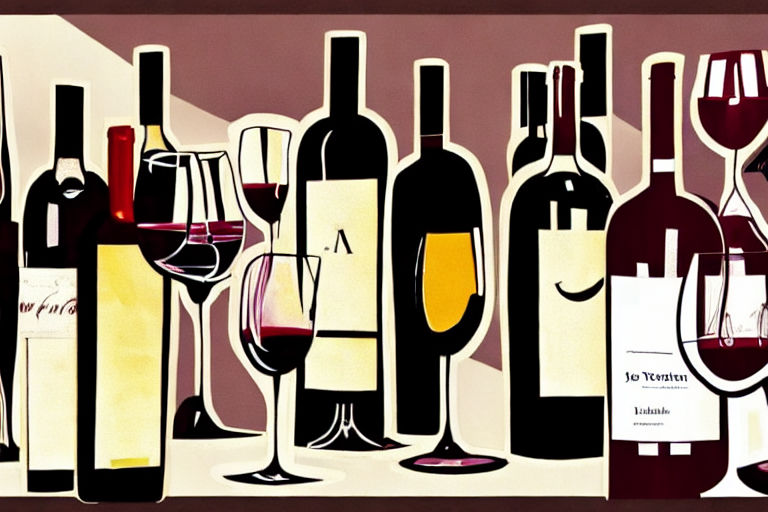Mastering the Art of Wine Tasting: Tips and Tricks
Wine is more than just an alcoholic beverage. It is a complex drink rich in texture and flavor that has been enjoyed by people for thousands of years. The appreciation of wine is an art that requires time, patience, and practice to master.
Whether you are a novice or seasoned wine drinker, improving your wine tasting skills can be a fun and rewarding experience. Here are some tips and tricks to help you become a wine tasting expert:
1. Enhance Your Sense of Smell
The majority of our perception of taste comes from our sense of smell. Before you taste wine, it is important to take a moment to smell the bouquet. Swirl the wine in your glass to release the aroma and take a deep breath. Focus on the different scents you detect, such as fruits, flowers, or spices. This exercise can help you identify the flavors in the wine.
2. Observe the Appearance
The appearance of wine can provide clues about its age, quality, and flavor. Hold your glass up against a white background and examine the color and clarity of the wine. The color can range from pale yellow to deep red, and the clarity can tell you if the wine has sediment or cloudiness. These observations can help you anticipate the taste of the wine.
3. Taste with Intention
When you take a sip of wine, hold it in your mouth for a few seconds before swallowing. Pay attention to the taste and texture of the wine. Does it taste sweet or dry? Is it acidic or smooth? Is it full-bodied or light? Take note of the flavors you detect, such as fruit, spice, or oak. This information can help you identify the wine's varietal, region, and age.
4. Pair Wine with Food
Pairing wine with food can enhance the flavors of both. Pay attention to the wine's acidity and tannins when choosing food to pair with it. High-acid wines pair well with tart or acidic foods, while tannic wines pair well with rich or fatty foods. Experiment with different pairings to find your favorite combinations.
5. Practice Regularly
The more you practice wine tasting, the better you will become. Attend wine tastings or host your own tastings with friends. Try different types of wine, from different regions and vintages. Take notes on your observations and compare them to expert opinions. By practicing regularly, you can develop your palate and become a wine tasting expert.
In conclusion, wine tasting is an art that requires patience, practice, and a willingness to learn. By using these tips and tricks, you can develop your wine tasting skills and become an expert in the field.



